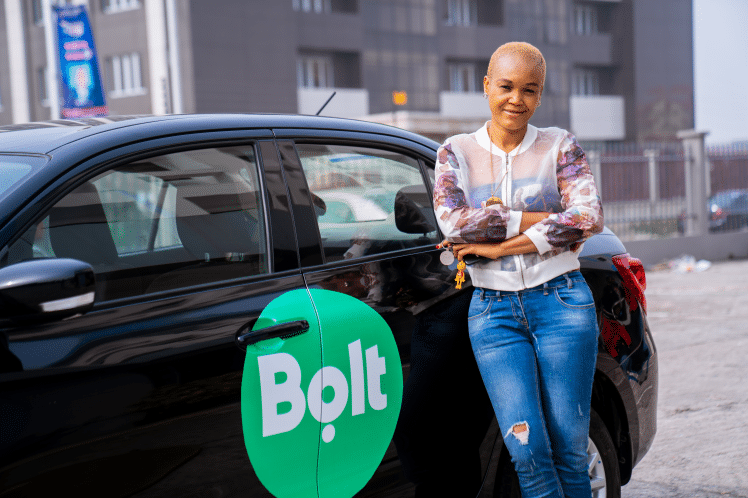By Akanimo Sampson
A member of the World Bank Group, International Finance Corporation (IFC), is investing in the global mobility platform, Bolt, to help expand access to mobility and delivery services in underserved urban areas in Africa and Eastern Europe—including in South Africa, Nigeria, and Ukraine.
IFC’s €20 million investment and advisory services will help Bolt expand mobility solutions that create earning opportunities and improve access to safer and more accessible transportation in emerging economies.
Bolt is however, the leading European mobility platform that is focused on making urban travel more affordable, convenient and responsible. Bolt has more than 50 million users in over 40 countries across Europe and Africa.
Its services range from ride-hailing to micro-mobility with e-scooters and electric bikes to food and package delivery. All Bolt rides in Europe are 100% carbon-neutral as part of Bolt’s Green Plan, a long-term commitment to reduce the ecological footprint of the company.
CEO and Founder of Bolt, Markus Villig, says “we are looking forward to partnering with IFC to further support entrepreneurship, empower women and increase access to affordable mobility services in Africa and Eastern Europe.
‘’Together with the investment from the European Investment Bank last year, we are proud to have sizable and strategically important institutions backing us and recognizing the strategic value Bolt is providing to emerging economies.”
Bolt’s expansion in emerging markets has the potential to create new earning opportunities, while also increasing access to affordable urban mobility services for riders through greater price transparency, improved convenience, and enhanced safety.
This will benefit women in particular by tackling some of the barriers hindering their participation in the workforce, such as lack of access to adequate and safe transportation and flexible earning opportunities.
For IFC’s Senior Vice President of Operations, Stephanie von Friedeburg, “technology can and should unlock new pathways for sustainable development and women’s empowerment.
‘’Our investment in Bolt aims to help tap into technology to disrupt the transport sector in a way that is good for the environment, creates more flexible work opportunities for women, and provides safer and more affordable transportation access in emerging markets.”
Increasing digitalisation and growing urbanisation are transforming urban mobility and last-mile logistics.
The COVID-19 pandemic has accelerated the adoption of digital platforms and services, particularly last-mile delivery, by providing faster distribution channels and helping businesses to continue to operate and reach customers amidst lockdowns.
In addition, with 68 percent of the population expected to live in cities by 2050, challenges like traffic congestion and pollution are forcing local authorities to limit the number of cars in urban areas, creating opportunities for climate-smart transportation options such as e-scooters, which Bolt has rolled out in over 45 cities across Europe.
As the first mobility platform worldwide to sign on to a zero-carbon pledge in European markets, Bolt will further promote climate-smart transportation in fast growing cities where green growth is essential for sustainability.
Meanwhile, IFC is the largest global development institution focused on the private sector in emerging markets. It’s working in more than 100 countries, using its capital, expertise, and influence to create markets and opportunities in developing countries.
In fiscal year 2020, IFC invested $22 billion in private companies and financial institutions in developing countries, leveraging the power of the private sector to end extreme poverty and boost shared prosperity.





